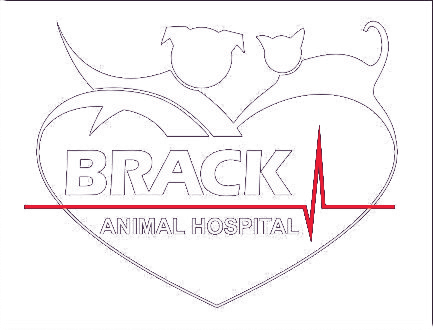Library
-
Obesity is a common problem in cats. It results from too many calories being eaten and not enough calories being burned. Extra body fat causes increased inflammation in the body, worsening osteoarthritis and joint disease. To prevent your cat from becoming obese, speak to your veterinarian about your cat’s calorie needs and an appropriate food for your cat's life stage. Increasing your cat's daily activity can help prevent or reverse obesity. Be aware of your cat's body condition and keep track of her weight.
-
Obesity is the most common problem in dogs in North America and leads to an increased risk of diabetes mellitus, heart disease, and several types of cancer. Extra body fat causes increased inflammation associated with osteoarthritis. Reducing inflammation and pain can help an overweight dog to regain activity, which in turn can lead to more appropriate weight loss. Obesity can be prevented or reversed when dog owners are aware of calorie intake, body condition, and exercise.
-
Obesity is a common problem in dogs and results from too many calories being eaten and not enough calories being burned. Extra body fat causes increased inflammation in the body, worsening osteoarthritis and joint disease. To prevent your dog from becoming obese, speak to your veterinarian about your dog's calorie needs and an appropriate food for your dog's life stage.
-
Ferrets are generally good-natured, inquisitive, playful animals that enjoy the company of humans. They can make great pets! This handout provides some basic facts about ferrets and what you need to know about keeping one as a pet.
-
Gerbils generally make good family pets but should never be left unsupervised with small children. If well-socialized from a young age and treated gently, they can be wonderful pets. The incisors (front teeth) of all rodents grow continuously throughout the animal's life. Gerbils do not require vaccines, but they should have annual examinations.
-
If well socialized from a young age and treated gently, hamsters are generally slow moving, reasonably easy to handle, and affectionate. Hamsters make good family pets but should never be left unsupervised with small children. Hamsters should have annual physical examinations and fecal tests for intestinal parasites.
-
Rats are extremely intelligent, inquisitive, interactive, and social. If well socialized from a young age and treated gently, they are easy to handle, affectionate, and rarely bite unless provoked. Rats generally make good family pets but should never be left unsupervised with small children. Rats live about 2 to 3 years. The incisors (front teeth) of all rodents grow continuously throughout the pet's life. Rats should be examined by a veterinarian at least once a year and twice a year as they get older.
-
Prairie dogs (most often black-tailed prairie dogs) are becoming popular as pets. Like all rodents, they have teeth that continually grow throughout life. They are active, playful and sturdy rodents and can make wonderful, affectionate pets if purchased young, socialized properly and given lots of attention.
-
Pet rodents, sometimes also referred to as pocket pets are very popular pets. Hamsters, rats, mice, gerbils, and guinea pigs are the most common rodents kept as pets. They make good first pets for young children and as a rule require minimal care.
-
Guinea pigs live, on average, 5-6 years; although some can live to 8-10 years of age. Their teeth grow continuously, throughout life, and it is critical that they eat grass hay, such as Timothy hay, every day to help them wear down their teeth as they grow. Young guinea pigs display a unique behavior called popcorning when they are happy, in which they jump straight up in the air and let out squeals of delight. Guinea pigs reach sexual maturity at around 3-4 months of age; therefore, if young males and females are housed together, they should be separated by this age, otherwise they are likely to breed. The average gestation period for guinea pigs is 63 days. If gestation continues over 70 days, the guinea pig should be seen immediately by a veterinarian, and it is likely that the entire litter will be stillborn.

